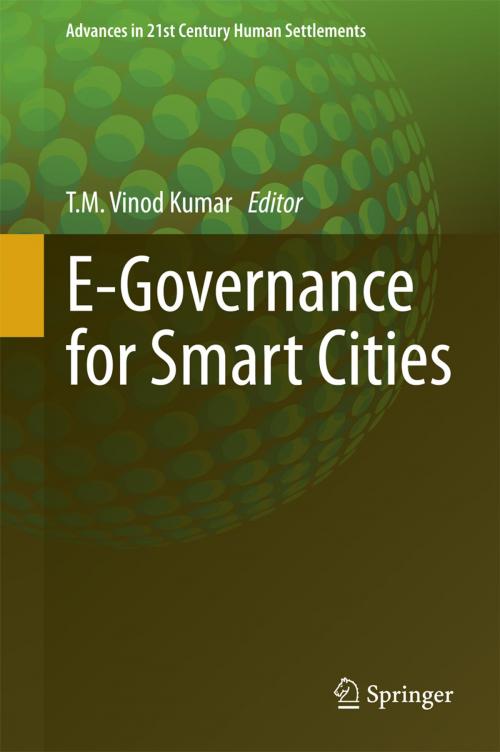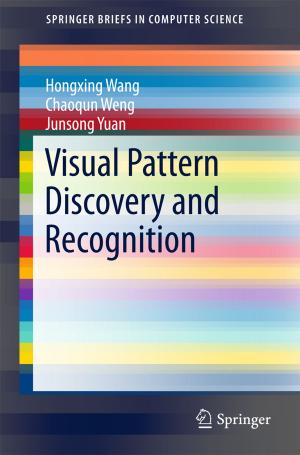E-Governance for Smart Cities
Nonfiction, Science & Nature, Mathematics, Applied, Social & Cultural Studies, Political Science, Politics, City Planning & Urban Development, Nature| Author: | ISBN: | 9789812872876 | |
| Publisher: | Springer Singapore | Publication: | November 26, 2014 |
| Imprint: | Springer | Language: | English |
| Author: | |
| ISBN: | 9789812872876 |
| Publisher: | Springer Singapore |
| Publication: | November 26, 2014 |
| Imprint: | Springer |
| Language: | English |
This book highlights the electronic governance in a smart city through case studies of cities located in many countries. “E-Government” refers to the use by government agencies of information technologies (such as Wide Area Networks, the Internet, and mobile computing) that have the ability to transform relations with citizens, businesses, and other arms of government. These technologies can serve a variety of different ends: better delivery of government services to citizens, improved interactions with business and industry, citizen empowerment through access to information, or more efficient government management. The resulting benefits are less corruption, increased transparency, greater convenience, revenue growth, and/or cost reductions.
The book is divided into three parts.
• E-Governance State of the Art Studies of many cities
• E-Governance Domains Studies
• E-Governance Tools and Issues
This book highlights the electronic governance in a smart city through case studies of cities located in many countries. “E-Government” refers to the use by government agencies of information technologies (such as Wide Area Networks, the Internet, and mobile computing) that have the ability to transform relations with citizens, businesses, and other arms of government. These technologies can serve a variety of different ends: better delivery of government services to citizens, improved interactions with business and industry, citizen empowerment through access to information, or more efficient government management. The resulting benefits are less corruption, increased transparency, greater convenience, revenue growth, and/or cost reductions.
The book is divided into three parts.
• E-Governance State of the Art Studies of many cities
• E-Governance Domains Studies
• E-Governance Tools and Issues















